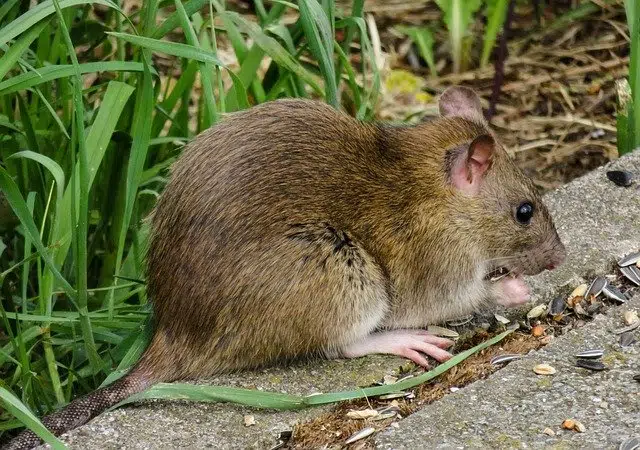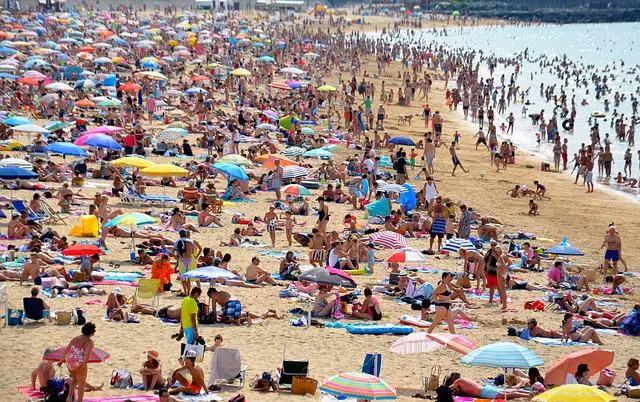
Rodents are often considered pests.
A plague is known as the sudden and massive outbreak of insects , animals or other organisms of the same species that causes various types of damage. The concept, however, can be understood in different ways.
The red spider, the ant and the aphid are some of the pests that can affect plants . When they occur on a large scale and affect crops , these types of pests can destroy entire crops and prevent the normal development of agriculture . To prevent a pest from affecting a plant, it is necessary to resort to pesticides , which are substances that distance or eliminate the species that make up the pest.
The black fly is a well-known pest that can measure between 3 and 5 millimeters and has a dark color. As adults, they live on plants near rivers and spawn near or in water . While some species tolerate pollution, larvae cannot survive without clean, oxygenated water. Generally, the black fly is found in the upper segments of rivers or where there is more current.
The plague as a disease
It is also possible to call the advance of a disease in a region a plague. A bacteria or virus that infects an increasing number of people in a city or country can cause a plague.
In this sense, it is known that Europe suffered the consequences of the Black Plague (or Black Death) in the 14th century .

There are writers who allude to the human plague to refer to the overpopulation of people.
overpopulation
In some areas, there is even talk of human plague to refer to the negative consequences of overpopulation on the planet. The number of people, linked to consumer trends, makes humans act like a pest and cause serious damage to the environment.
The Peruvian philosopher and writer Ricardo Paredes Vassallo, born in 1952, published a book titled " The Human Plague ", in which he raises the level of destruction that human beings cause to our planet. The author assures that wealth is good but with a limit, which we have crossed to begin producing banalities.
Paredes Vassallo explains that human beings are destroying the real planet to build an unreal one that can satisfy our twisted desires; He believes that his mission as a philosopher is to warn the world of this dangerous development before it is too late.
The first problem of the human species is that it considers itself superior to others and with the right to appropriate animals, plants and land as it pleases to do with them as it wishes. This lack of consideration and compassion, added to the possibilities that technology offers us, has turned us into a true plague, the most dangerous, since we are the only one capable of ending life on this planet.
The plague as a tragedy or catastrophe
In a symbolic sense, finally, a catastrophe or tragedy that affects a population or a territory can be described as a plague. For example: "Unemployment is a plague that is difficult to combat," "Kidnapping has become a plague for this city."
Similarly, crime is also usually considered a plague in very dangerous cities, in which the work of the police is deficient or insufficient given the volume of crime present on their streets. Among the main factors that cause a situation of this type is the lack of investment in the educational system by the State, a decision that leads the population to choose self-destructive paths as a lifestyle. The saying “crime begets crime” is a good way to summarize this unfortunate phenomenon.
